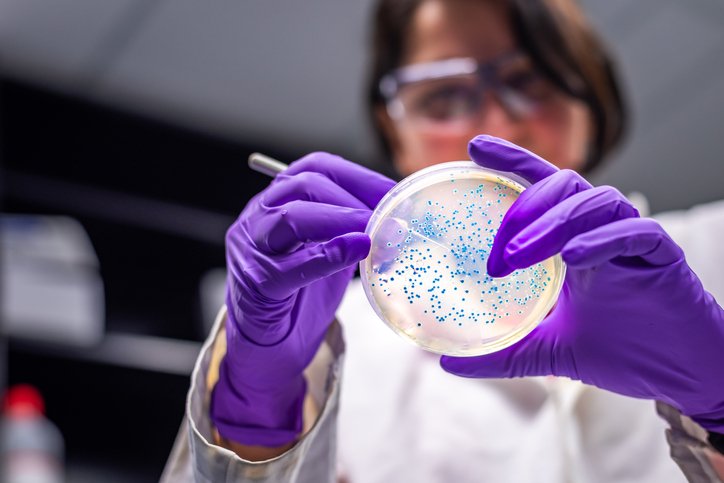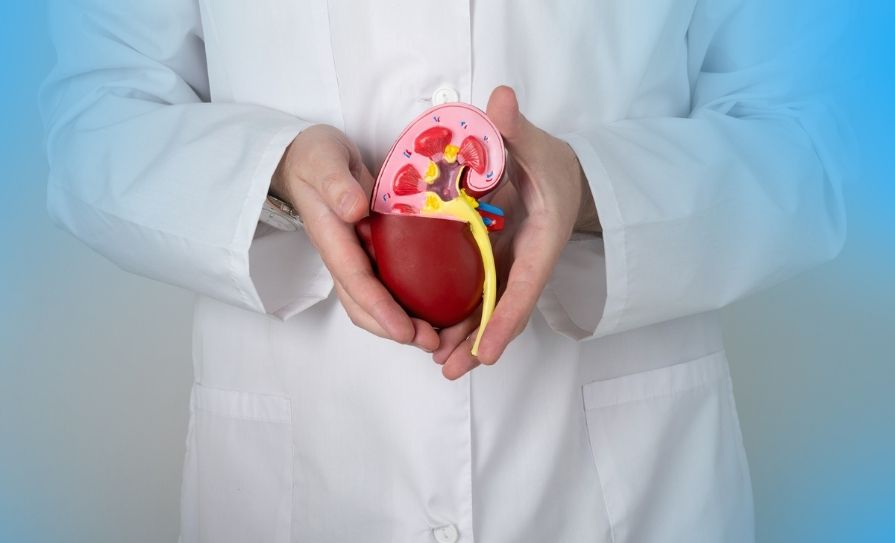The Covid-19 pandemic has stalled efforts to develop a national action plan to address the “unacceptable” level of human verocytotoxin-producing Escherichia coli (VTEC) infection in Ireland.
In 2019, the Department of Agriculture, Food and Marine (DAFM) termed the level of human VTEC infection “unacceptable” and warned that “a large outbreak in the future is a real threat”. In a briefing note shared with the Department of Health, the DAFM said a Government-wide approach was needed to make “meaningful progress in addressing this public health threat”.
Last month, Public Health Mid-West highlighted the importance of strong hand hygiene and effective well water treatment following a VTEC outbreak among young children in a single setting.
Dr Rose Fitzgerald, Specialist in Public Health Medicine at Public Health Mid-West, said Ireland had one of the highest incidence rates of VTEC in Europe, with the mid-west having one of the highest incidence rates in the country.
A DAFM spokesperson said an inter-agency workshop on VTEC, planned for early 2020, was cancelled due to the pandemic. The workshop was intended to begin the process of formulating a national action plan.
It may be rescheduled towards the end of 2021.
While VTEC infection is usually uncomplicated, it can cause haemolytic uraemic syndrome (HUS) in 5-to-10 per cent of cases and lead to kidney failure. Five per cent of people who develop HUS may die.
Nationally there were 878 VTEC notifications in 2019, compared with 1,113 in 2018, according to provisional data from the Health Protection Surveillance Centre.













Leave a Reply
You must be logged in to post a comment.